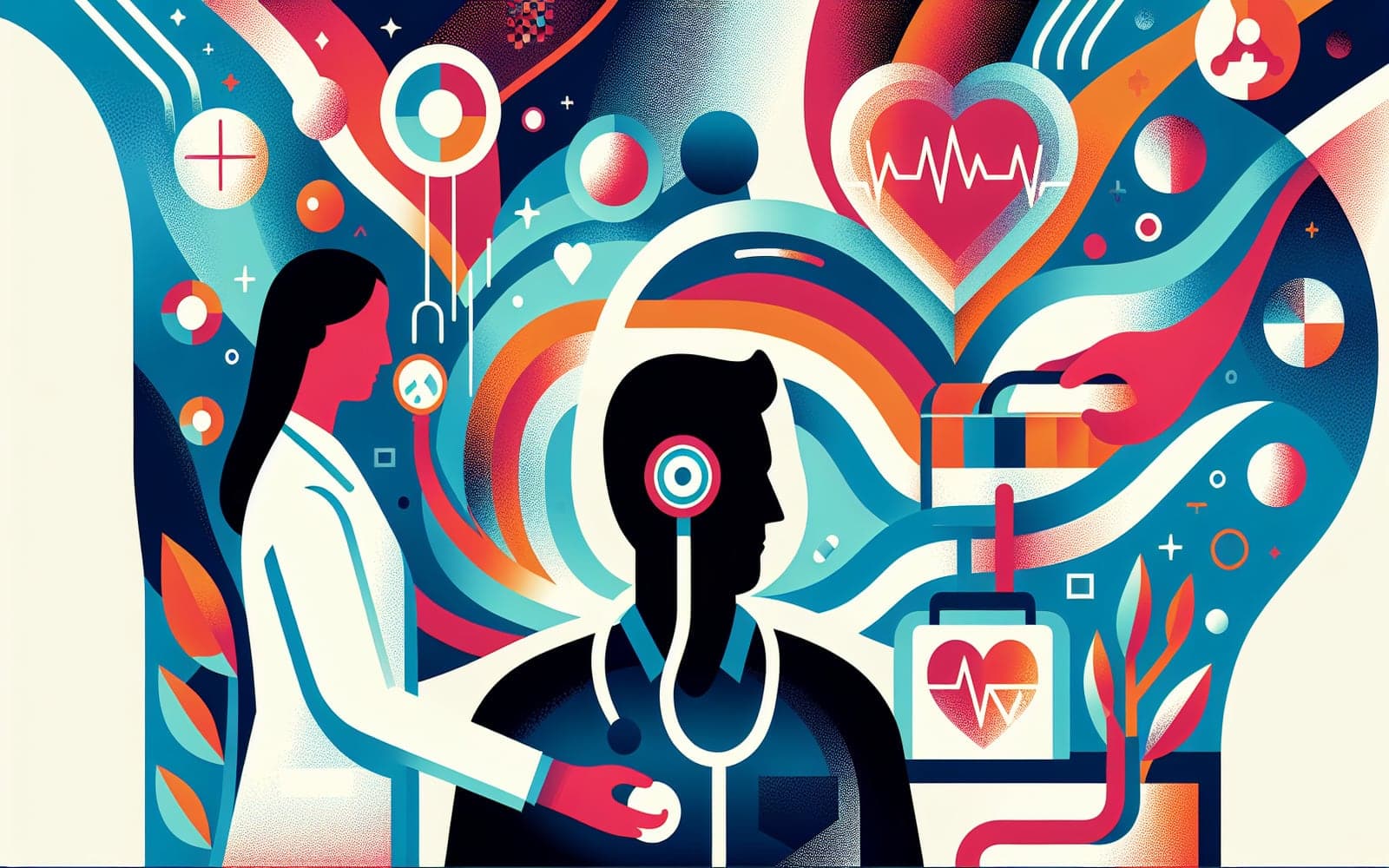Are You at Risk for Orthostatic Hypotension?
Published: Oct 14, 2023
Understanding the risk factors for orthostatic hypotension can help prevent falls and other complications. Discover if you are at risk and what you can do about it.
Contents
Who Is Most at Risk?
Older adults, particularly those over 65, are at a higher risk due to impaired baroreceptor sensitivity. Those with neurodegenerative diseases, like Parkinson's, or diabetes-related nerve damage also face increased risks.
Medications and Lifestyle Factors
Certain medications, such as antihypertensives and antidepressants, can increase the risk of orthostatic hypotension. Lifestyle factors like dehydration or prolonged standing can also contribute to risk.

Recognizing the Symptoms Early
Symptoms like dizziness upon standing, weakness, and visual disturbances can be early indicators. Recognizing these signs can help manage the condition before it worsens.
Frequently Asked Questions
Older adults and those on certain medications are most affected.
Antihypertensives and antidepressants can increase risk.
Yes, staying hydrated and avoiding prolonged standing can help.
Early symptoms include dizziness and weakness when standing.
Key Takeaways
Identifying your risk factors for orthostatic hypotension can lead to better prevention and management strategies.
Take the next step and discuss your risk factors with Doctronic to ensure you stay healthy.Related Articles
References
Rutan GH, Hermanson B, Bild DE, et al. Orthostatic hypotension in older adults. The Cardiovascular Health Study. Hypertension 1992; 19:508.
Fotherby MD, Potter JF. Orthostatic hypotension and anti-hypertensive therapy in the elderly. Postgrad Med J 1994; 70:878.
Always discuss health information with your healthcare provider.

